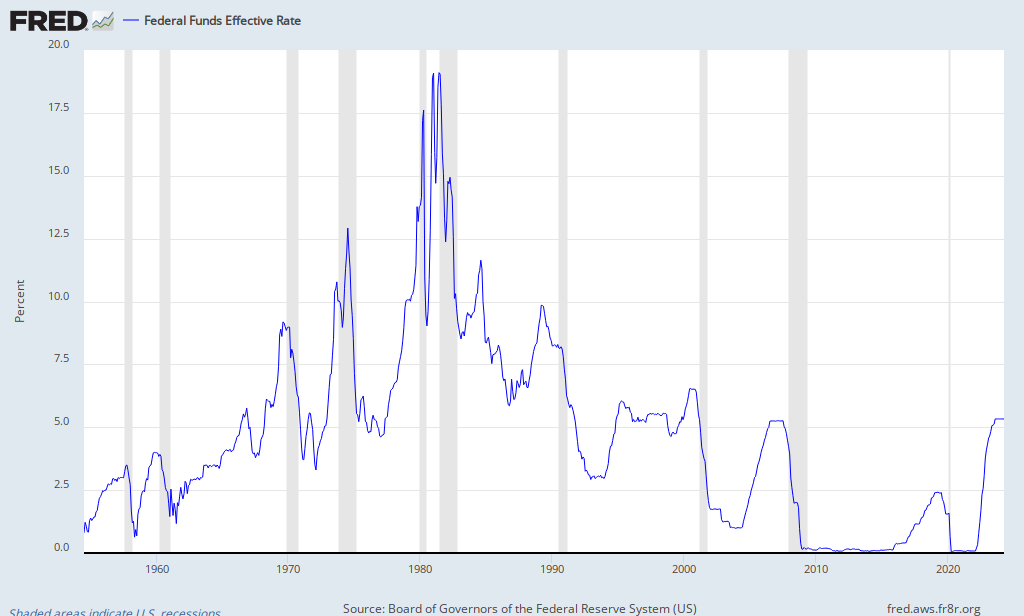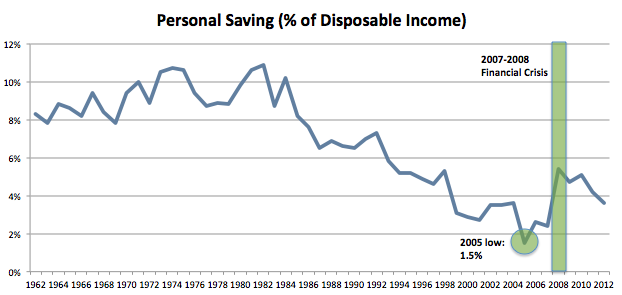Why are youth so liberal?
A mystery that has never sat well with me is understanding the youth vote. In case you didn't know, 18-29 year-old Americans tend to vote in the progressive camp, with about a 67%-33% edge to Obama in 2012. This tidbit is where my knowledge of the youth vote stops. In general, I assume that America's youth is more idealistic and open to change than their parents, wanting to see stuff like gay marriage or legalized marijuana become the law of the land. I was raised in a house that first and foremost taught self-reliance and rarely extolled the virtues of smoking pot, so I never experienced this liberal leaning first hand.
Now, in general, I don't have a problem with the civil liberties crowd. If you are not trampling on others freedom, you should be free to do whatever you want. However, the problem I have pertains to the spectacular economic freedoms the young trade in to join the coalition supporting these civil liberties and I wonder if they truly understand the massive costs being laid at their feet. Lets look at the most damning issues that disproportionately hurt the young.
Retirement Entitlements:
At a federal level, today's younger are paying to fund retirement and health care of today's elderly. Because of leftist policy to fight making adjustments to those benefits, the youth will continue to pay higher and higher taxes to support the current retirees while seeing their chance to receive benefits sink. And don't be fooled into thinking that we can just borrow more (read print money) to make up the difference. You will be had by a reduced benefit or reduced purchasing power, either way, the young lose.
Maybe even more tragic is at the state and local level where huge percentages of tax dollars are going to pay pensions and health care for those retired. Since these states and localities have to balance budgets they must cut current services thus leading to things like less police and fire protection.
Because of sickening union leader - politician coalitions that have allowed unfunded liabilities to go unchecked for decades, the youth will get higher taxes, lower services and reduced pension plans of their own. Check out Detroit, they are finally paying the piper for 50 years of bad decisions on bloated public employee compensation, and its going to be bloody for everyone. At least the retired had a good run for 40 or 50 years. Now they are handing the young the bill for the party. Disgusting.
(If you want more info on the impact of unfunded liabilities on states, read Meredith Whitney's 'Fate of the States' book).
Obama-care:
Quite simply a screw job to any and all healthy young people who are being asked to buy more insurance coverage than they need to cover the costs of the older and sicker. Further, you are losing the opportunity to get jobs as employers sit out hiring while they determine the health care cost implications of Obamacare. This is all lose-lose for the young as they end up paying for services they do not consume with jobs that they cannot get.
Environment:
What does reducing CO2 emissions actually do? Lets say it does reduce global warming. What does that mean for the earth 50 - 100 years from now? I have searched for an answer but I still cannot really say. We can say absolutely that there are increased costs thru both energy prices and job reductions that need to be paid today to achieve these lower emissions. Again this hits youth at a disproportionally high rate, because they are the ones most sensitive to higher energy costs as energy is a larger portion of their discetionary spending and job cuts.
Things like delaying the Keystone Pipeline and reducing drilling on federal lands seem to serve an abstract liberal goal of reducing global warming, but there are VERY REAL costs in jobs and energy prices that are attached to that goal. Lets be clear, I am all for going green, but just like anything else, we have to weigh the cost to the benefit. And right now the costs are high and the benefits unclear.
Education:
How do you get the best product for the lowest cost? Competition. Where is there little to no competition? Education. We give teachers de facto permanent positions where their pay and employment has little to no link to merit. Further, vast majorities of our education budgets go toward paying for pensions and health care of RETIRED teachers. How in the world does this help young families? Liberals always talk about investing in the future. However, their policies seem to run out of other peoples money fulfilling the promises of current government largesse long before they get around to actually investing in our future.
Minimum Wage:
Minimum wage laws systematically raises unemployment for youth. Who makes minimum wage? People with low skill levels. Who has low skill levels? Young people. How do you make more money in your job? Increase your skills. How do you get skills? Get a job. What do employers need to do to offer more jobs? Lower wages. So basically, minimum wage laws reduce the amount of youth employed reducing their overall skill level and ability to grow their wages.
Maybe we teach too many philosophy classes and not enough math classes in our schools. However, we cannot let good intentions trump rational thinking. Caring for the elderly, providing health care to all, saving the environment and giving our public servants strong job security all sound like great ideas in a vacuum, but we don't live in a vacuum. You MUST CONSIDER THE COSTS of providing these services and understand the impact.
And the impact is clear. The youth are paying the bill for those that came before them. This is neither fair nor sustainable, but it is the democratic platform. I hope we are imparting in our kids that there is NO SUCH THING AS A FREE LUNCH. You cannot borrow against the future and claim to be investing in the future at the same time. The choices are hard, but if we dedicate ourselves to electing those who actually believe in investing in a sustainable future vs. buying off the past while teaching our children to think beyond the benefit being advertized and examine the cost, we will over time give our youth a chance to have the great opportunities their parents were able to realize.






